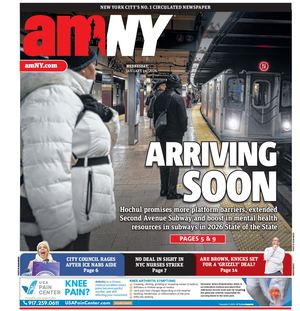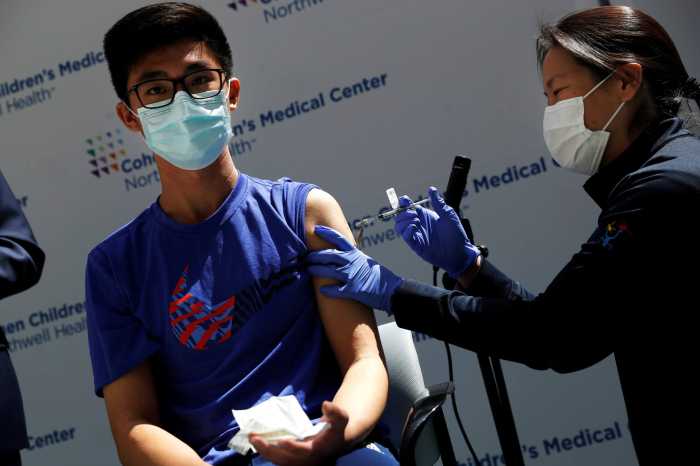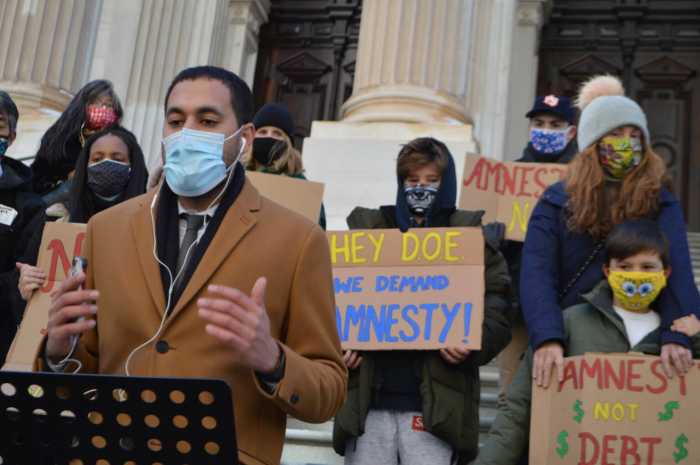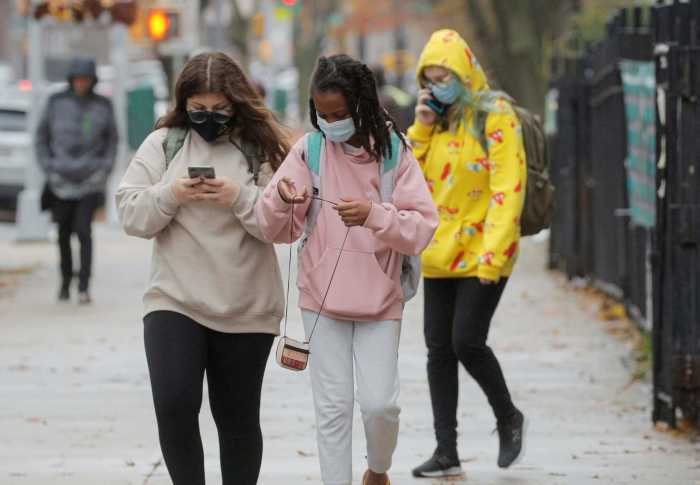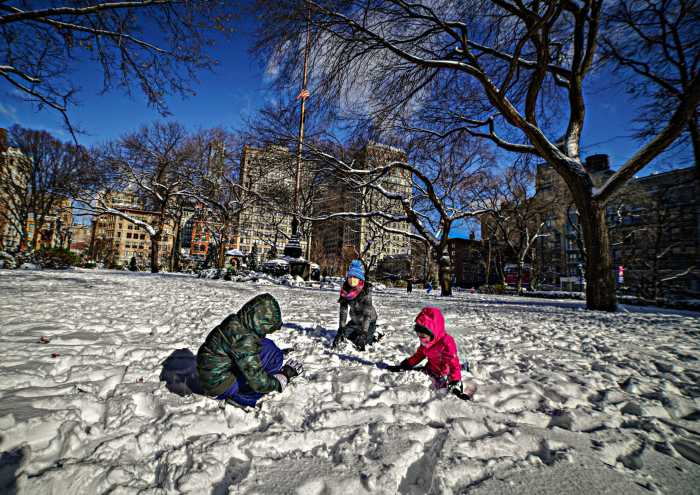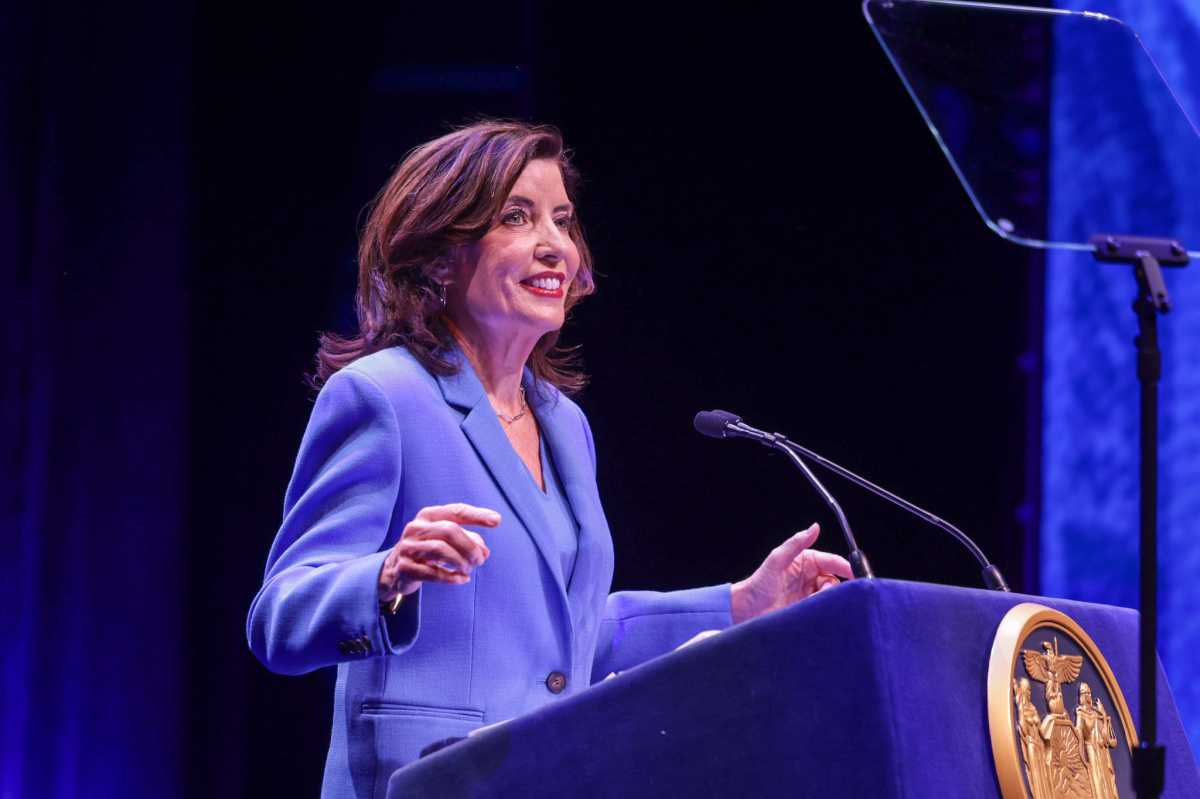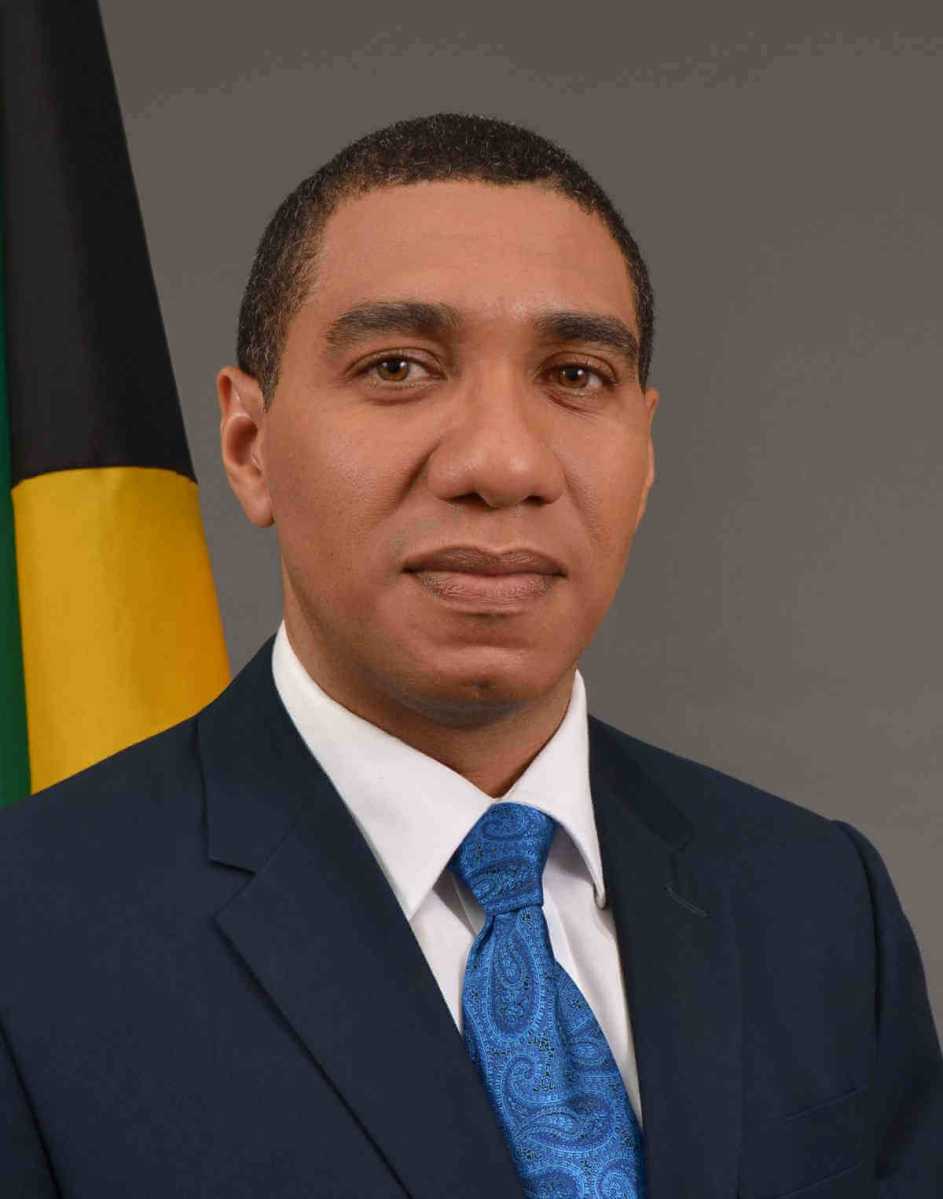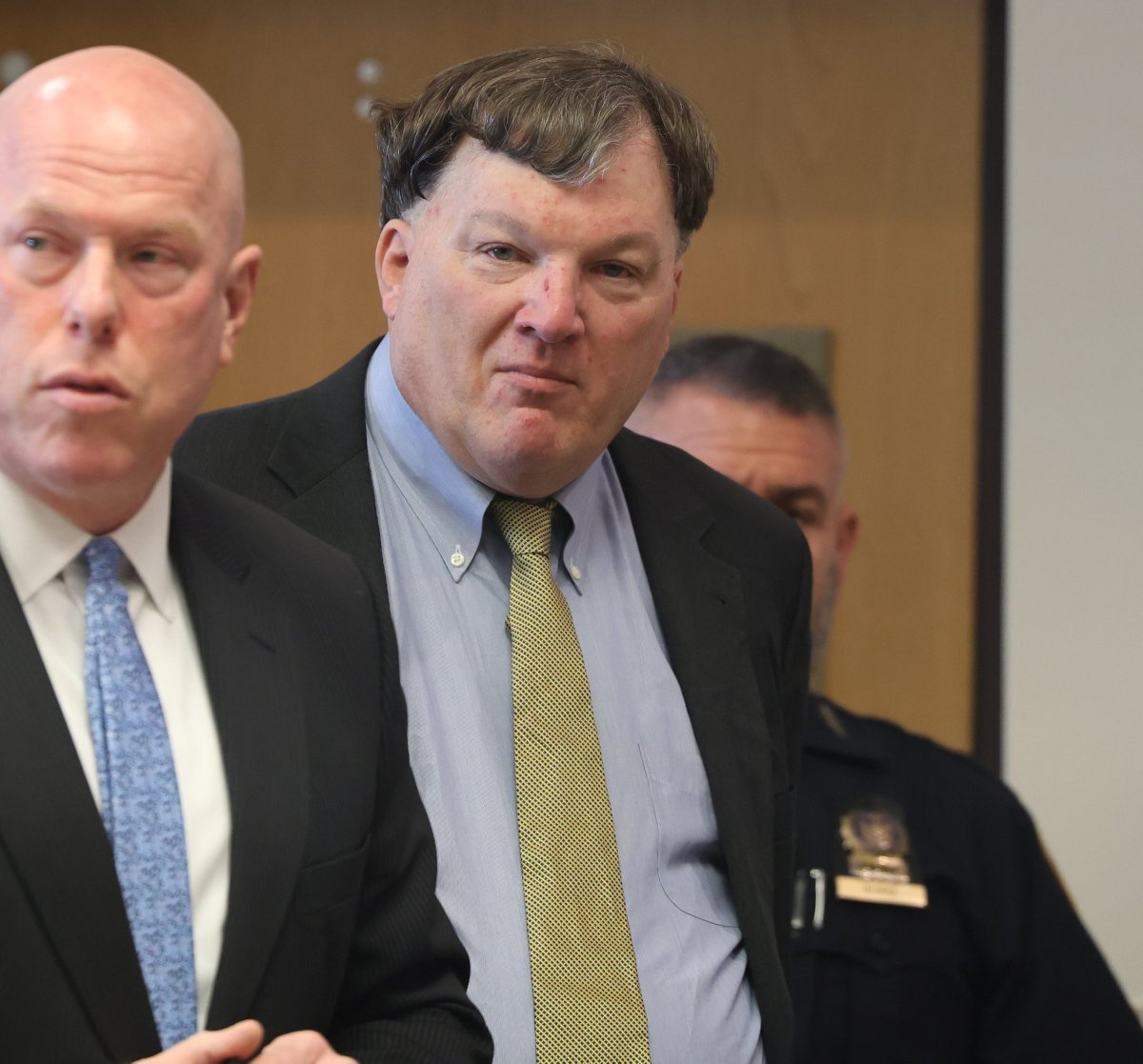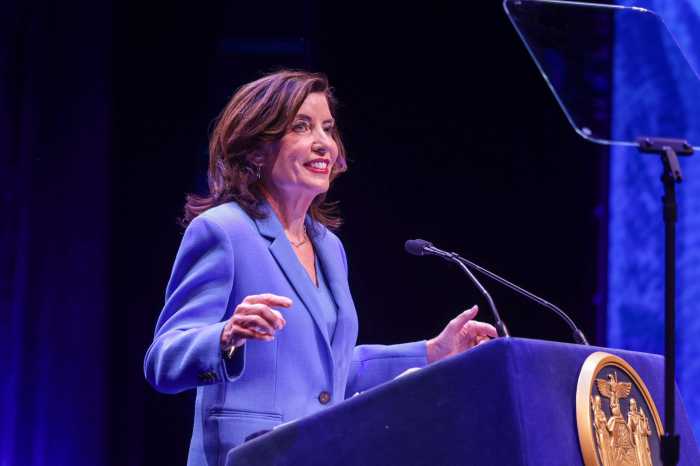The New York Civil Liberties Union recently requested that the New York City Department of Education publicize its sex education curriculum materials.
After hearing stories about students not receiving sex education at their schools and teachers failing to provide vital lessons on sexually transmitted infections, the NYCLU and law firm Fried Frank filed a Freedom of Information Law request on Sept. 20 to the DOE requesting all sex-ed curriculum materials that are currently taught in public schools.
The NYCLU believes that there is still a severe lack of oversight and information around sex education taught in public schools, despite sex education being required to be taught.
Aliyah Ansari, teen health strategist at the NYCLU, told amNewYork Metro that the NYCLU wanted to provide an update on where the DOE is at with teaching sexual health to its students.
“We would love to hope that schools are now teaching comprehensive, medically accurate, age-appropriate comprehensive sexuality education,” Ansari said. “But we’re not sure that’s the case.”
Roughly 60% of students across grades six through 12 in 33 school districts, including District 75, were reported to have not received the required number of lessons in the HIV/AIDS education in the 2021-22 school year, according to DOE health education figures.
Some school districts, such as Manhattan Community School Districts 1 and 6, and District 13 in Brooklyn, reported very low numbers — less than 10% — of their students receiving the required HIV/AIDS education.
“Looking at the 2021 school year, there are several districts that are way below,” Ansari said. For example, District 1 has about 2.9% of 11th graders being taught HIV/AIDS education. These numbers are extremely, extremely low.”
The NYCLU pointed out that the stakes are high, especially with the high rates of chlamydia cases being reported in younger females. In 2021, roughly 25% of all female chlamydia cases in New York City were among females who were 10-to-19 years old, according to the city’s health department.
Without comprehensive sex education, young people face higher risks of violence and sexual assault, STIs, unintended pregnancies, and other issues, according to the NYCLU.
From 2020 to 2021, the chlamydia rate increased 13.2% among males and 5.2% among females in New York City. The chlamydia rate among females ages 15 to 24 years was significantly higher than that for the overall female population. In 2021, approximately one-quarter of all female chlamydia cases in New York City were among females ages 10 to 19 years.
The request includes a search for records on sex education for kindergarten through 12th grade students from 2017, which is when the New York City Council passed legislation to review the state of sexual health education in its public schools.
The request also asks for topics on the prevention, transmission, and treatment of HIV and AIDS, the availability of contraceptives and condoms in schools, and lessons on sexual orientation and gender identity.
This is the second time that the NYCLU has examined policies and practices around student sexual health education. The organization released a report in 2012 called “Birds, Bees, and Bias” pointing out that “many public school districts across New York State provide sex-ed instruction that is inaccurate, incomplete and biased.” The report used figures from the 2009-10 and 2010-11 school years.
“A lot of the findings were extremely troubling,” Ansari said. ” It was very gender biased, very shame-based, and stigmatizing information.”
Now that it has been more than 10 years since the report, the NYCLU wants to see the progress the DOE has made in teaching sexual health to its students.
Under New York State law, all students must have lessons on HIV and AIDS prevention every year. The lessons are part of health education required for kindergartners through 12th graders. Sexual health education is required for New York City public middle and high schoolers. The city doesn’t require a separate sex education course in any grade.
Parents and guardians can opt out of sexual health education by requesting that their school not give lessons on STI prevention.
The NYCLU points to the need for schools to include nuanced information in a student’s comprehensive health education, including consent, bodily autonomy, healthy communication with romantic partners, and understanding intimate partner violence.
“There is still a severe lack of oversight and information about what’s actually taught in classrooms,” Ansari said. “This FOIL request will provide us critical information to ensure all students receive the holistic, inclusive, vital education that they need.”
The NYCLU stated that if “the DOE fails to timely and properly respond to our FOIL request, the NYCLU and Fried Frank will pursue the request to the fullest extent under the law.”
“Our hope is not to have to do any type of litigation when it comes to getting the information that we need,” Ansari said. “It’s up to the city to provide us with the information.”
